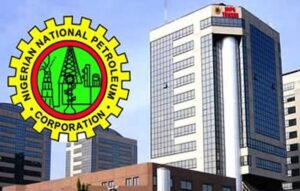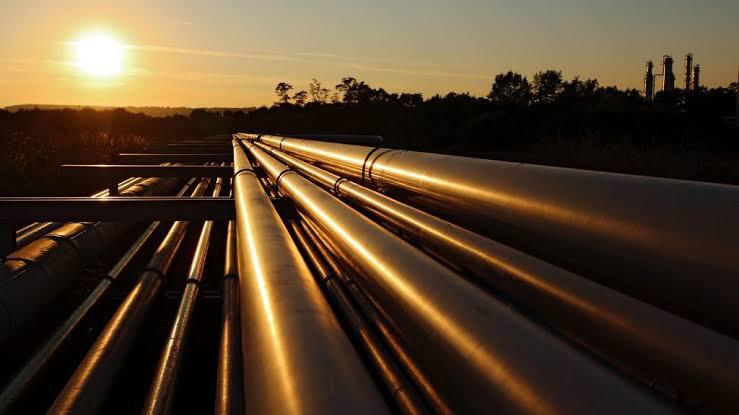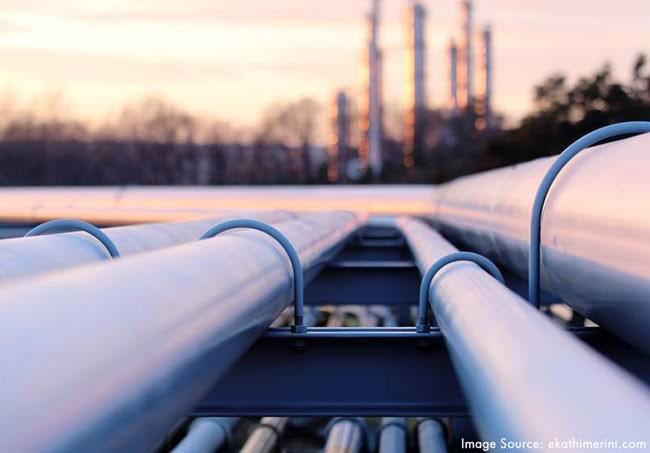The Managing Director and Chief Executive of Nigerian Railway Corporation (NRC), Engineer Fidet Okhiria, said the Corporation is in discussions with the country’s National Oil Company, NNPC, concerning the movements of materials for the construction of the 614 kilometres Ajaokuta- Kaduna- Kano gas pipeline.
He made this known during the inspection of the Lagos-Ibadan standard gauge rail project over the weekend. “We are moving cargoes from Itakpe-Warri to move the pipes for AKK. The AKK construction, we are engaging them and they are engaging us. They want us to move their materials from Warri to Ajaokuta.”
 The Nigerian National Petroleum Corporation (NNPC) announced in June that the 40-inch 614 kilometres pipeline that is to transport about 2.2 billion cubic feet of gas per day will be completed in 24 months.
The Nigerian National Petroleum Corporation (NNPC) announced in June that the 40-inch 614 kilometres pipeline that is to transport about 2.2 billion cubic feet of gas per day will be completed in 24 months.
The project will be executed in three phases to provide gas for domestic consumption and commercial electricity generation. The first phase will cost $855 million and will be a 200-kilometre long pipe to be constructed between Ajaokuta and Abuja. The second phase will cost $835 million and will be a 193-kilometre long pipe to be constructed between Abuja and Kaduna. The third phase will cost $1.2 billion and will be a 221-kilometre long pipeline to be constructed between the Kaduna terminal gas station (TGS) and Kano terminal gas station (TGS).
The construction of the pipeline will be implemented on a Build-Operate-Transfer, public-private model. It will require the installation of about 51,200 steel line, 40-inch diameter pipes, weighing 240,768 tons.
The project will also facilitate 3,600MW of power generation capacity to the national grid, which will enhance domestic utilization of natural gas, revitalise the country’s once-booming textile industries and contribute to the country’s overall socio-economic development.

